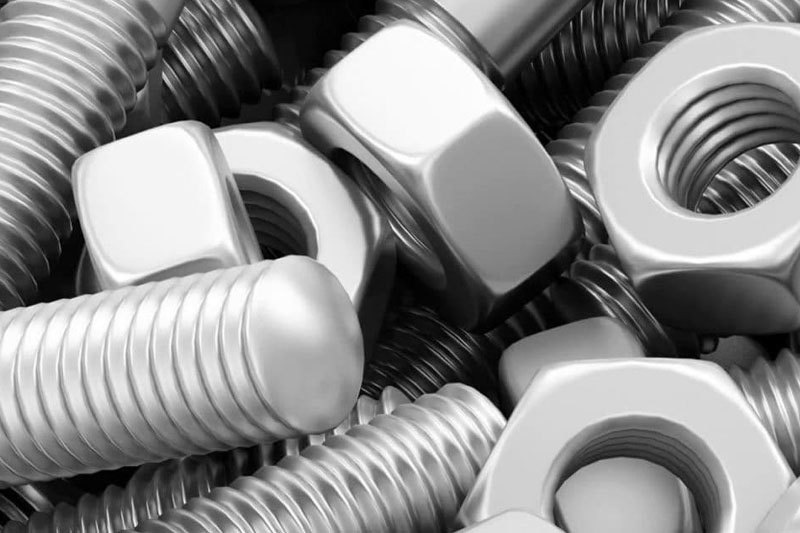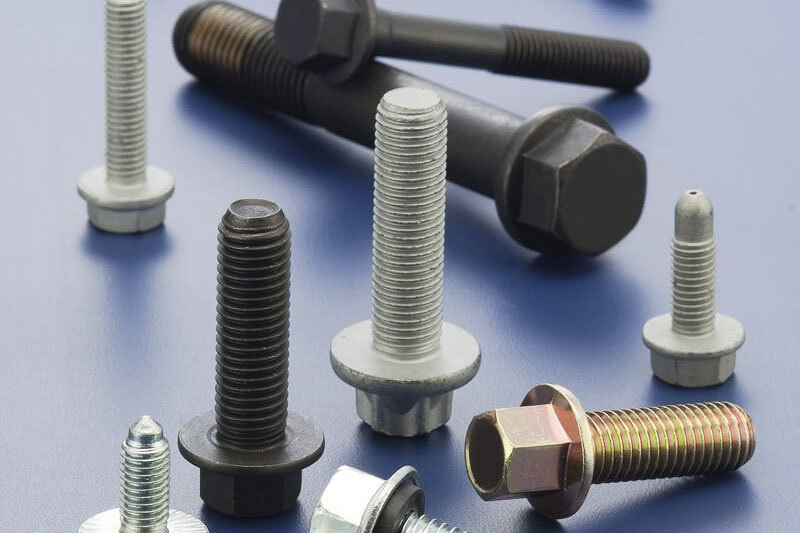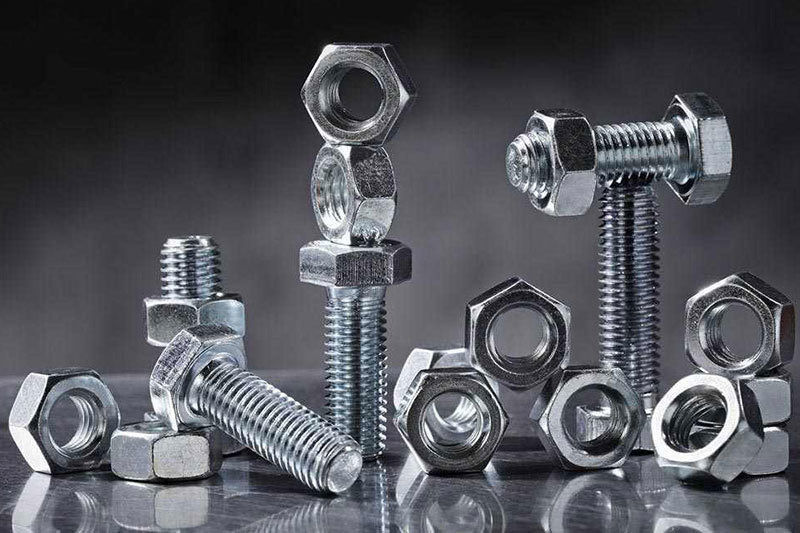Mastering the Art of Metal Finishing: Industry Case Studies
Metal Finishing: An Essential Industry Practice
In the grand scheme of manufacturing, metal finishing is often the unsung hero. It’s that secret sauce that gives metal products their sheen, durability, and resistance to corrosion. Whether you’re dealing with automotive parts, aerospace components, or even kitchen utensils, metal finishing is a crucial step that can’t be overlooked. Let’s dive into some captivating industry case studies that showcase just how vital this process is!
The Automotive Industry: A Shiny Example
Take a moment to think about your car. Ever notice how sleek and shiny it looks? That’s thanks to metal finishing. For instance, a leading automotive manufacturer recently revamped its production line, incorporating advanced electroplating techniques. This not only enhanced the aesthetic appeal of their vehicles but also improved corrosion resistance significantly. Talk about hitting two birds with one stone!
Why It Matters
With the automotive industry pushing for more sustainable practices, this shift meant reduced waste and improved longevity of parts. Customer satisfaction skyrocketed, and the company saw a boost in market share. Who knew that a little shine could lead to such big wins?
Aerospace Innovations: The Sky's the Limit
Now, let’s soar into the aerospace sector. Here, metal finishing takes on a whole new level of importance. A prominent aerospace company faced issues with wear and tear on their turbine blades. They turned to advanced coatings that not only provided a protective layer but also reduced friction. What’s more, this innovation led to decreased fuel consumption and increased efficiency!
The Results Are in!
As a result, the airline industry saw a substantial reduction in emissions, aligning perfectly with global sustainability goals. Plus, the cost savings from less frequent part replacements were a cherry on top. It’s clear that when it comes to aerospace, metal finishing isn’t just beneficial—it’s essential!
Home Appliances: A Kitchen Revolution
Let’s head back down to Earth and explore the world of home appliances. Ever wonder why some kitchen gadgets seem to last forever? Yep, you guessed it—metal finishing. A popular appliance brand recently implemented a new anodizing process for their cookware, enhancing both durability and appearance.
Consumer Impact
This change not only made their products more resistant to scratches and stains but also gave them a sleek, modern look that appealed to consumers. Sales soared, and customer reviews flooded in, praising the products’ longevity and style. Talk about a win-win!
Challenges in Metal Finishing
Of course, it’s not all sunshine and rainbows. The metal finishing industry faces its fair share of challenges. For instance, environmental regulations are constantly evolving, pushing companies to innovate even further. A case in point is a metal finishing company that had to pivot to eco-friendly processes to comply with stricter laws. They embraced water-based coatings, which not only reduced hazardous waste but also appealed to a more environmentally conscious customer base.
Lessons Learned
This transition taught them that being proactive is key. Rather than waiting for regulations to change, they took the bull by the horns and led the charge towards sustainability. Now, they’re not just meeting standards—they’re setting them!
The Future of Metal Finishing
So, what does the future hold for metal finishing? With the rise of automation and smart technologies, we can expect to see even more innovations. Think about it: robots precisely applying coatings for a flawless finish, or AI predicting which processes will yield the best results. The possibilities are endless!
Wrapping It Up
In conclusion, metal finishing is more than just a step in the manufacturing process—it’s a game changer. From cars to planes to your kitchen, the impact of metal finishing is everywhere. So next time you admire a shiny product, remember the intricate processes that brought it to life. Here’s to the art and science of metal finishing!
TAG:
Related Posts
Application of fasteners in the automotive industry
What is the difference between a hex nut and a Nyloc nut
Is there a reason why the flange bolts are mounted with the bolt heads in one direction
Materials and Manufacturing Processes of Automobile Fasteners











